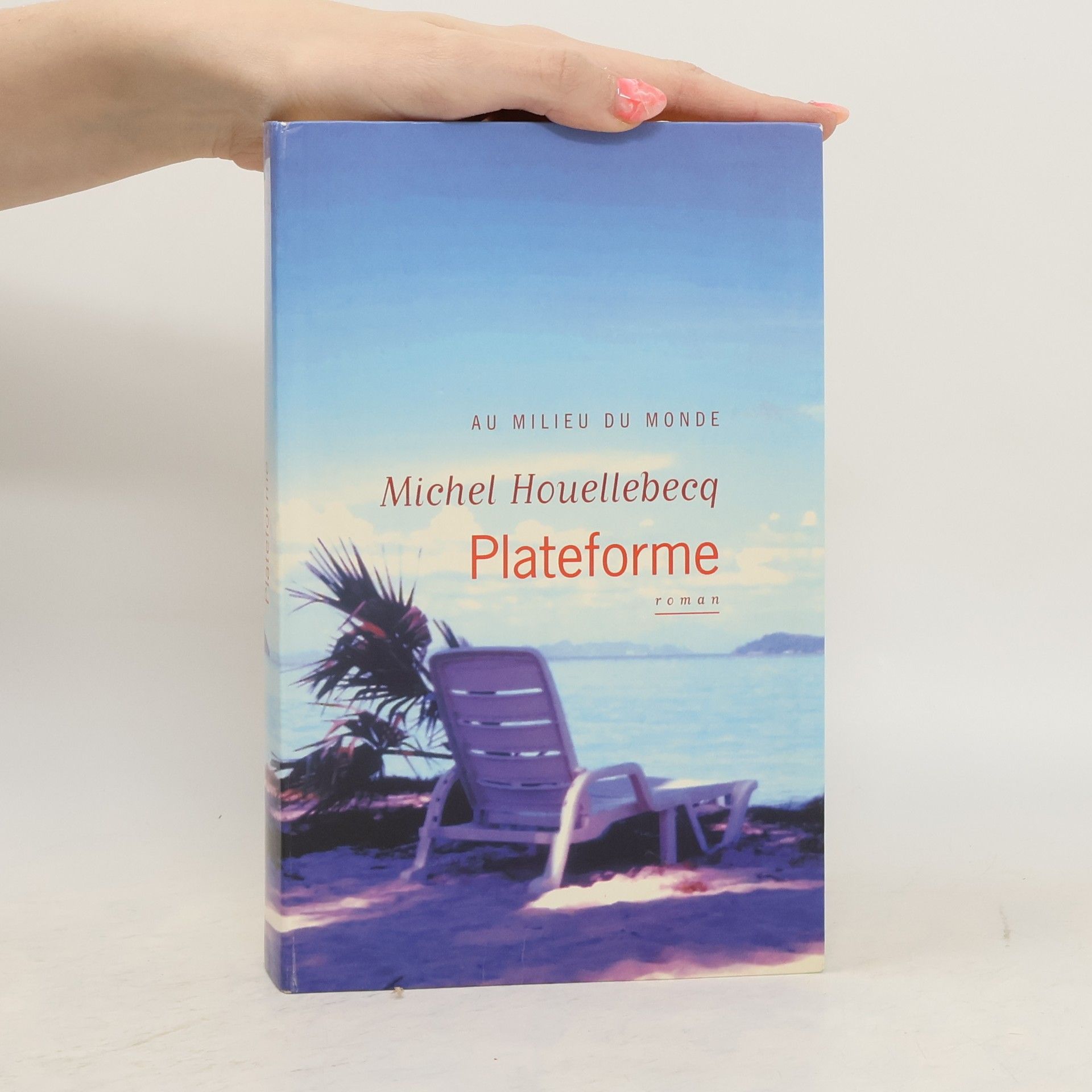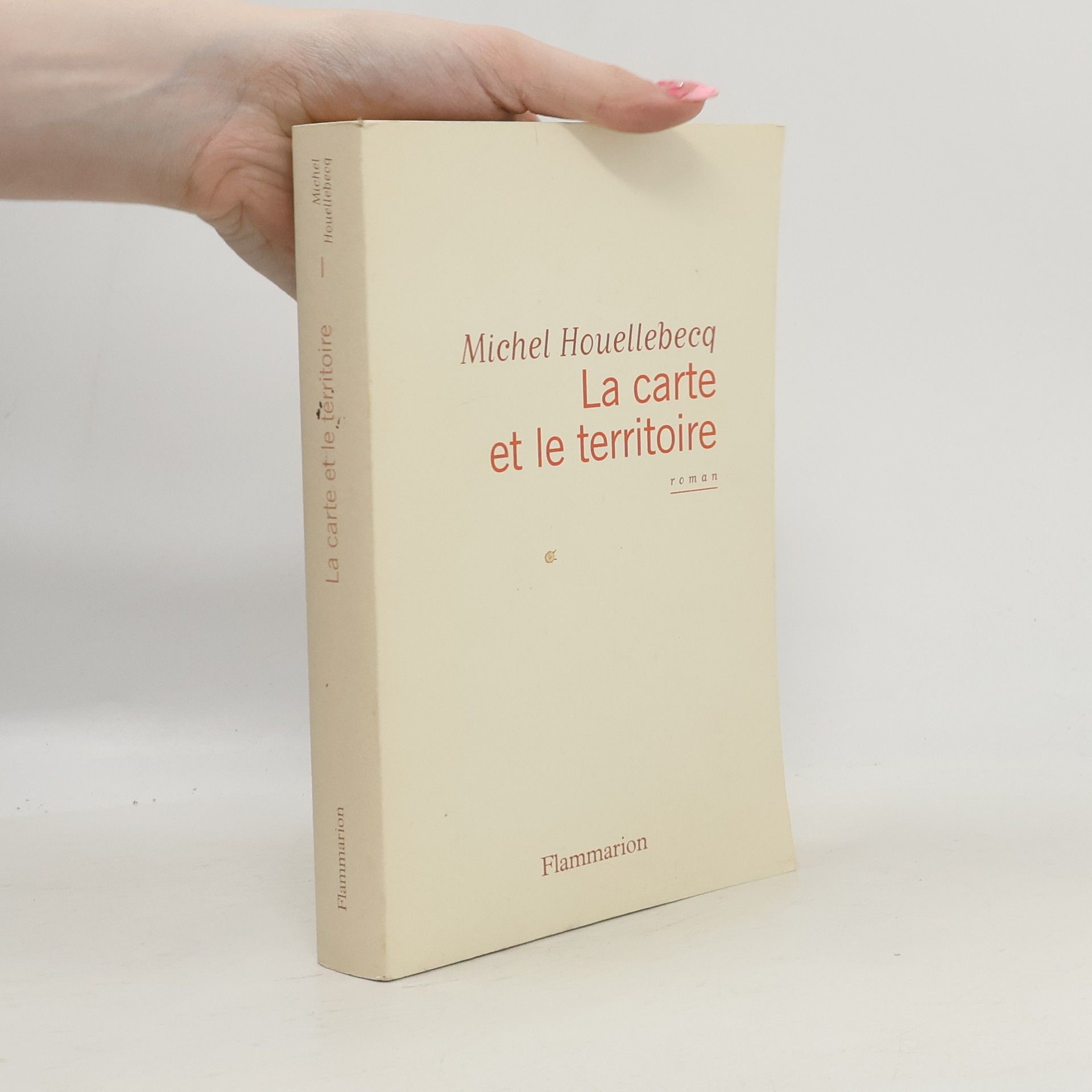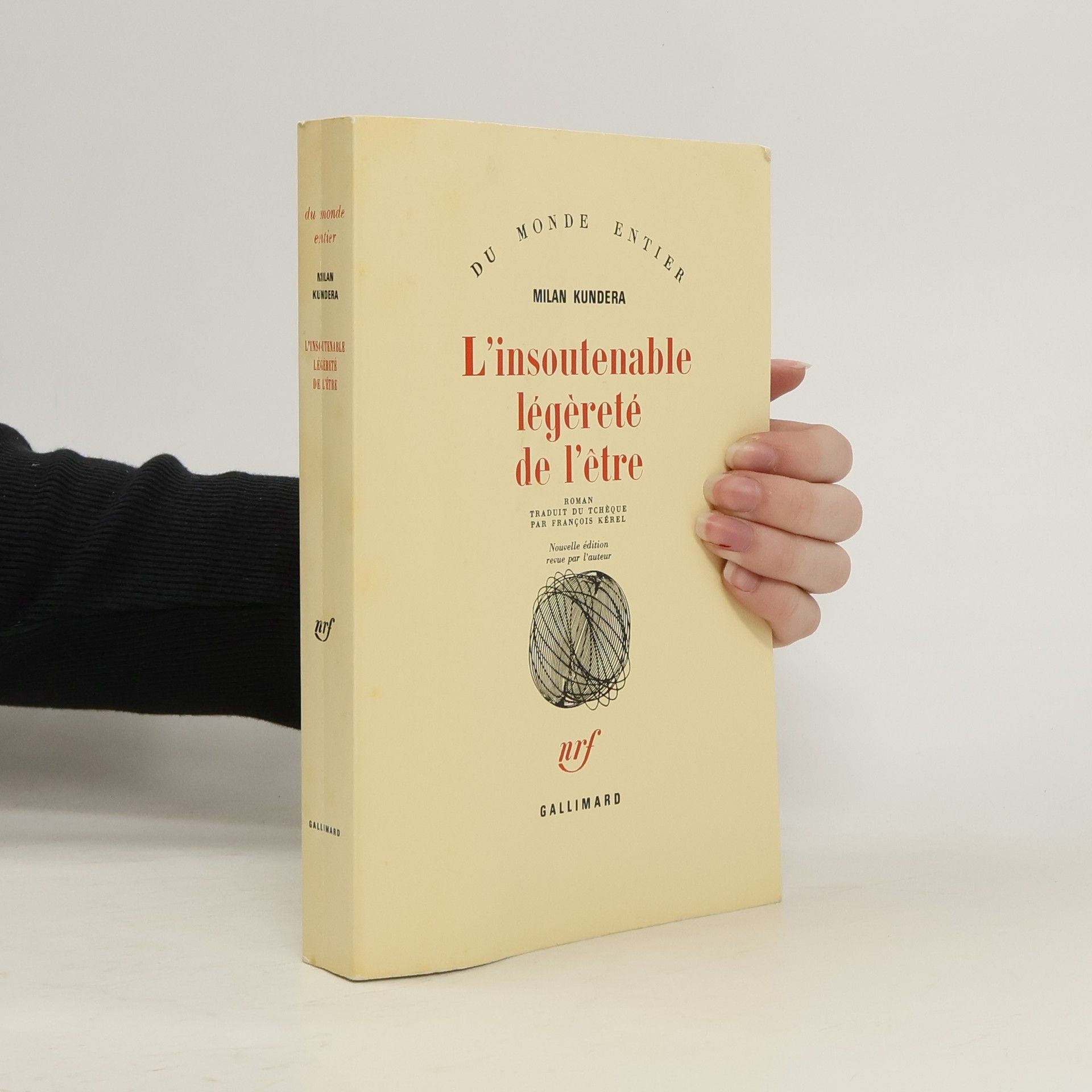L'insoutenable légèreté de l'être
- 393pages
- 14 heures de lecture
Tomas et Teresa sont les deux pôles du roman. Faut-il choisir de porter le poids du passé sur ses épaules, comme Teresa qui ne peut se passer de la Tchécoslovaquie, qu'elle a pourtant fuie après le Printemps de Prague, de même qu'elle ne peut vivre sans Tomas, ce mari qu'elle chérit d'un amour jaloux et, par là, à jamais insatisfait ? Ou bien faut-il préférer à cette pesanteur la légèreté de l'être qui caractérise Tomas et Sabina, la maîtresse amie qui seule peut comprendre le médecin séducteur explorant les femmes comme s'il disséquait des objets d'étude au scalpel ? Ne sachant quelle orientation est la plus supportable, le roman offre tour à tour le regard des différents personnages. Même le chien Karénine a droit au chapitre. Mais ce ballet incertain teinté d'irréalité apparaît vite comme une interrogation dialectique qui oscille entre réflexion et délire poétique pour aboutir à la conclusion que la pesanteur et la légèreté, pareillement insoutenables, ne procèdent jamais d'une décision véritable. --Sana Tang-Léopold Wauters




